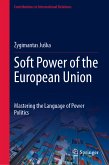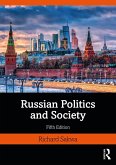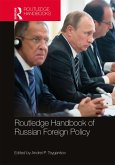

Broschiertes Buch
From Russia´s "Homosexual Propaganda" Laws to the Ukraine War
30. September 2021
Routledge / Taylor & Francis
| eBook, ePUB | 42,95 € |
Ähnliche Artikel

eBook, PDF
13. März 2019
Taylor & Francis eBooks


eBook, PDF
13. Dezember 2021
Taylor & Francis eBooks

eBook, PDF
3. März 2016
Taylor & Francis eBooks


eBook, PDF
28. Juni 2024
Springer International Publishing


eBook, PDF
2. September 2024
Taylor & Francis eBooks

eBook, PDF
20. März 2018
Taylor & Francis eBooks
Ähnlichkeitssuche: Fact®Finder von OMIKRON
